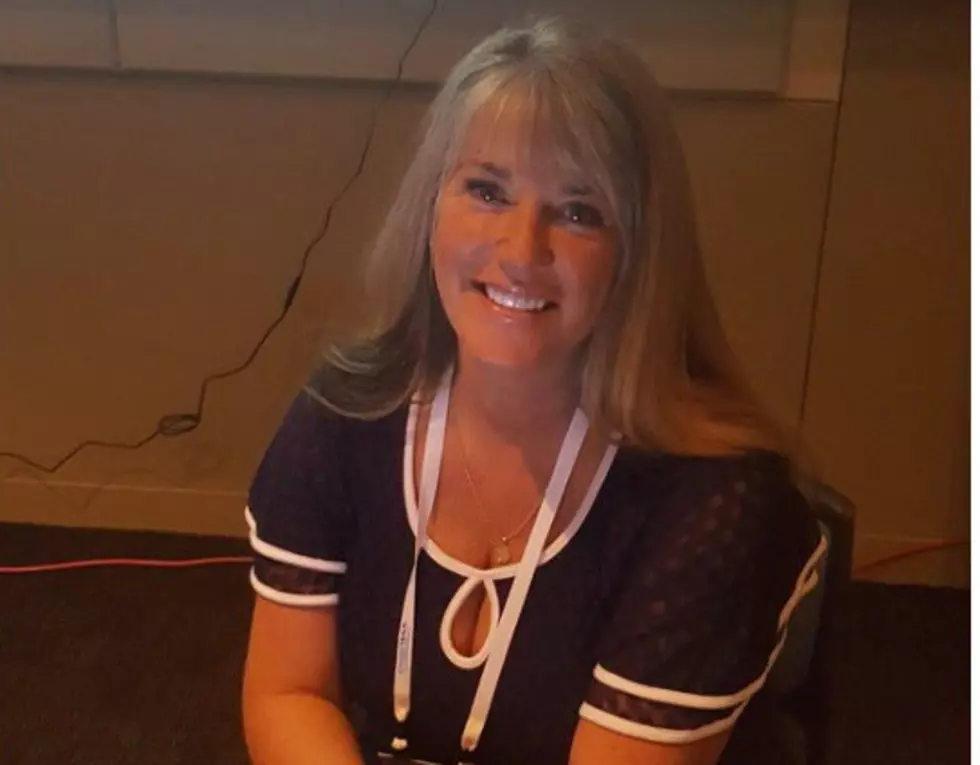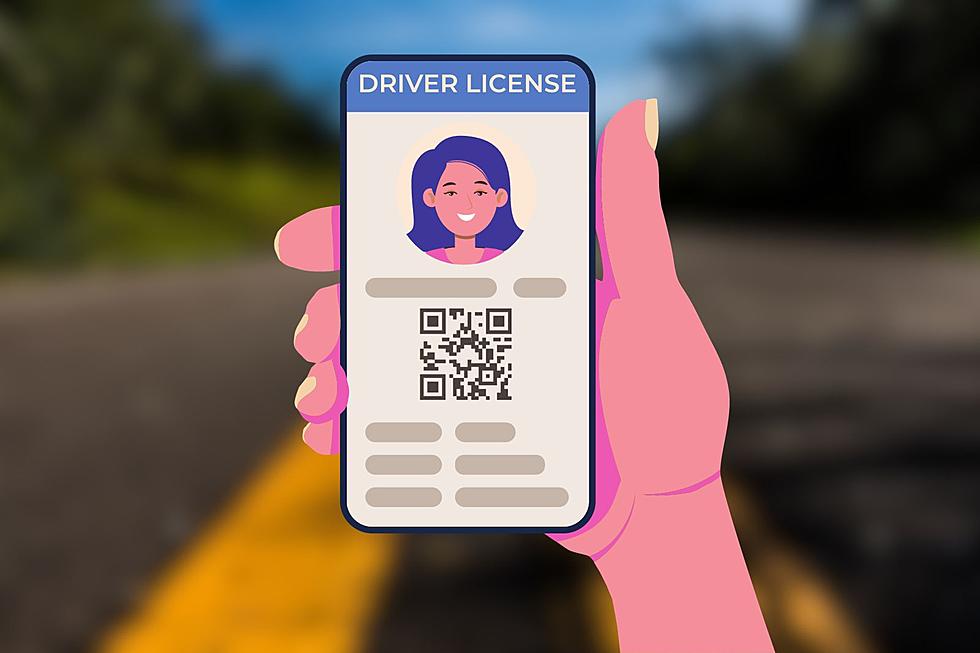
Cyber Investigator Urges Casper Women To Resist Net Stalkers
"Big Brother is watching."
Compared to today, Winston Smith had it pretty easy as a citizen of Oceania in George Orwell's "I984."
Now we have Big Sister, Big Friends, Big Friends of Friends, and Big Friends of Friends of Friends on social media, the internet, your computers and cell phones
Then there are the invisible Big People you don't know who may be watching such as jealous exes, physical and sexual abusers, those out for revenge porn, those grooming potential victims of child pornography, and cyber bullies among others.
"Let's say even 15 or 20 years ago, if there was going to be a domestic violence or if there was especially going to be a stalking, you would have to have somebody physically watching you, physically following you," private investigator Michele Stuart said before a lecture at the Lyric on Thursday.
But now, within seconds of going online, a person could do the same damage that a perpetrator could do, Stuart said before showing women and girls ways to protect their identities in social media and on their cell phones.
"Instead of a weeks' worth of watching an individual, you can now do something within minutes and see their family associations, their friends' associations, where they're going to be, the schools they might be attending to a woman where she may be working," she said.
"So right now, the technology gives the ability of almost instantaneous information," Stuart said.
The Casper Police Department helped set up the seminar and invited Stuart, an instructor of advance investigative techniques and intelligence gathering, according to her website. She is an former adjunct professor with University of Virginia and has been an instructor at Quantico. She trains state and federal law enforcement agencies, corporate security, military intelligence personnel and others.
"The world of the internet is not a safe place," she said at the beginning of the abbreviated version of her normal 16-hour training session.
Stalkers, exes, cyberbullies and their ilk are not necessarily targeting specific individuals, Stuart said.
Instead, they are using social media to look for those around specific individuals, she added.
Facebook, Instagram, Snapchat and Twitter, to name a few, aren't isolated, Stuart said. They are "open source," meaning in part they are linked to each other even if you don't know it.
Google, Android, Facebook and other major platforms are interconnected, and those relationships can give people the ability to monitor others in numerous ways.
Stuart urged the audience to shut down or tightly control their social media, because they can't affect what others do, she said. "I can only control what I have responsibility over."
That said, she gave a few suggestions to "build a wall around you and your family and your career."
-- Cell phones, not laptop or desk computers, are the primary sources of social media and their users are getting younger. The average age of a child who begins to create "actionable intelligence" is estimated to be 8 years old. This is largely due to schools incorporating online activities.
-- Teachers, with the best of intentions, often don't realize they may be jeopardizing their students when they post class activities.
-- Don't give passwords to anybody, even people who you think are your best friends.
-- Disable the settings on your phone or within apps that gives your geographical location.
-- On Facebook, disable facial recognition.
-- On Facebook, keep your posts available only to friends, not friends of friends or the public.
-- Don't use your full name on social media.
-- Be very wary of dating sites. Stuart said two women in Arizona recently were murdered by men they met on Tinder.
-- Do not have iMessenger on your Android or iPhone because of the data Facebook has been collecting.
-- Do not give your cell phone to anyone. Someone can install software on the phone that can track your whereabouts, monitor what websites you view, monitor your text messages, and can turn on your phone and camera without you knowing about it.
-- Don't post racy pictures of yourself, even to boyfriends or husbands. When an image is uploaded, it's out there forever. Snapchat is the top site for child pornography, she added.
-- Voyeurs and potential molesters start with grooming victims. For example, they may initiate a conversation by messaging somebody saying, "where do you go to school? hey, I met you at ......., and you were wearing ...., and you were with ....; don't you remember me? Do you want to be my friend, Don’t tell anyone." People don't want to offend by saying, "no," and so respond in the affirmative. The grooming takes off from there.
Stuart told the women to never get comfortable thinking they are fully protected.
"Don't ever think you know who you're talking to," she said. "It's very easy to mask ourselves."
More From My Country 95.5









